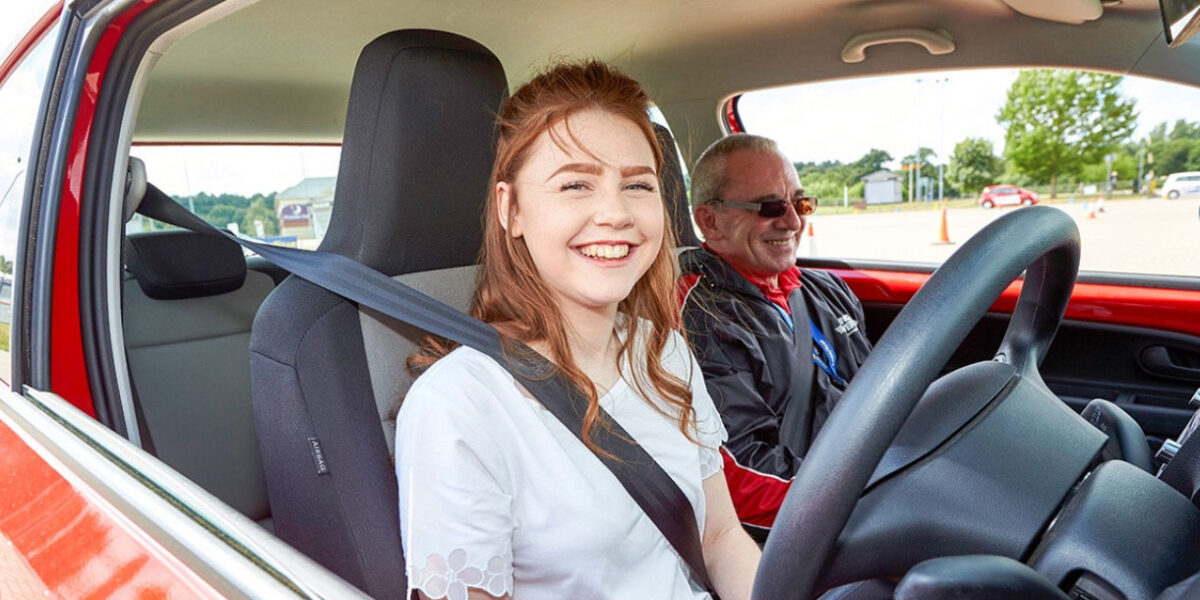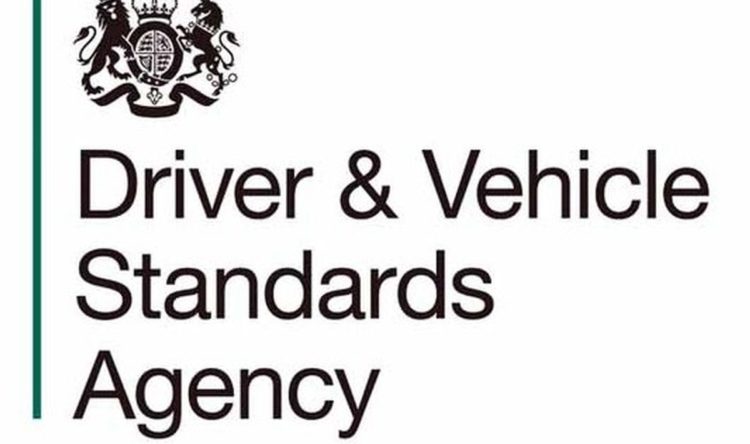Increasing learner experience time produces safer drivers
New survey backs up acknowledged Swedish research
New research shows that drivers who’ve undertaken pre-17 driving lessons could be 84% less likely to have a crash in the first six months after passing their driving test.
Dramatic results
Young Driver questioned 450 past pupils who turned 17 in the last three years about any crashes they’d had since passing their driving test.
The national average is 20% of novice drivers re involved in an incident in the first six months after passing the driving test. However, the survey revealed that just 3.3% of Young Driver past pupils had crashed.
Almost nine out of 10 thought starting to learn before 17 had made them a safer driver (87%). The vast majority of parents of Young Driver pupils, 94%, thought it had also made the young person safer as a pedestrian and cyclist. They appeared to have a greater understanding of hazard awareness, car control and the operation of controls.
Experience is key
“We know that 88% of those who book our lessons do so to help improve the driver’s road safety,” states Sue Waterfield, head of marketing at Young Driver. “Young Driver lessons are a lot of fun, but there is a serious safety message running throughout everything that we do. ”
The scheme was launched 13 years ago on the back of Swedish road safety research. This showed that teaching children how to drive before 17, increasing the length of experience behind the wheel before driving solo made them safer drivers.
“Our research with past pupils consistently shows the same – a dramatically reduced accident rate for those who have had early driver training,” says Sue.
“There are several reasons for that. Firstly, we’re teaching youngsters over a longer period of time, and without the pressure or urgency to pass their test. They can take their time and really get to grips with the skills needed. Those skills then become second nature, so by the time they’re 17 they can use their on the road lessons to focus on more nuanced aspects of driving, such as hazard awareness and dealing with other road users. Another reason teaching youngsters in a safe environment at an earlier age works well is that they’re often more receptive to safety messages at that age. Eight out of 10 parents (82%) agree that their children are more receptive to road safety concepts at an earlier age.”
Better attitudes
Although the survey results are impressive, it is important to consider that these young drivers, for the very fact they invested in pre-17 lessons, probably have a safer attitude to road safety from the start. This could equally have a serious positive effect on their driving qualities behind the wheel too.





